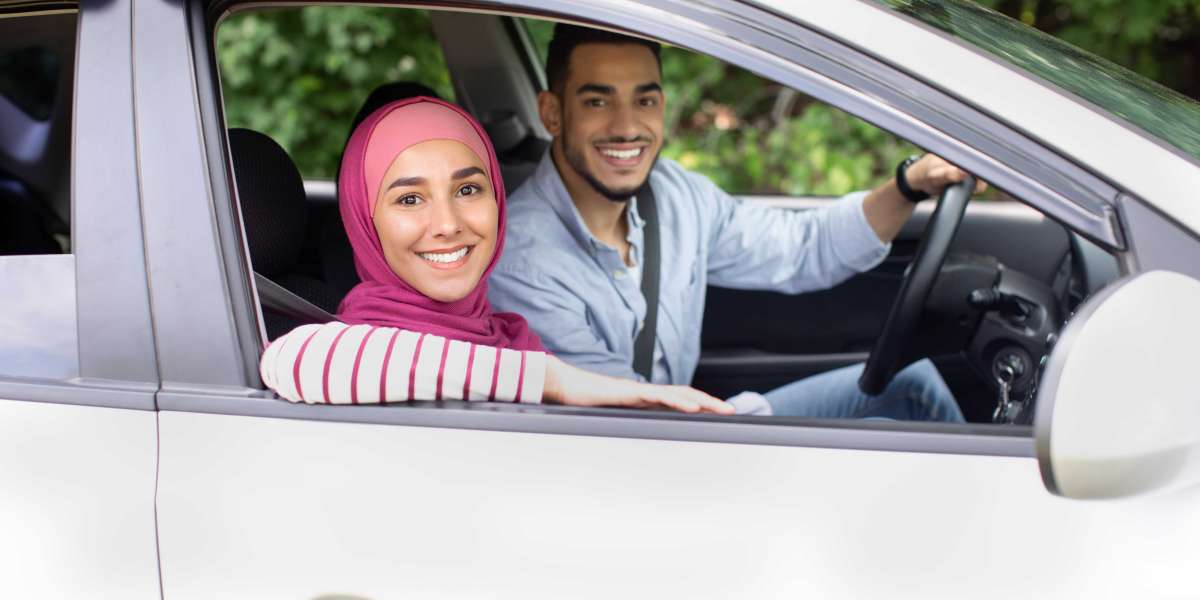
Understanding the Licensing System in the UK: A Comprehensive Guide
The licensing system in the United Kingdom is a diverse framework developed to control numerous activities, from driving to operating a business. It is vital for individuals and companies to navigate this landscape efficiently, as licenses are frequently needed to guarantee security, compliance, and fair practice. This article aims to provide a thorough understanding of the licensing system in the UK, covering various kinds of licenses, the application procedure, and frequently asked concerns.
Kinds of Licenses in the UK
The UK licensing system encompasses a vast series of licenses, catering to different sectors and activities. Below are a few of the most common kinds of licenses:
1. Driving Licenses
- Full UK Driving License: Required for individuals to legally drive on public roads.
- Provisionary License: Allows students to drive under supervision while preparing for their driving test.
- Taxicab and Private Hire Licenses: Required for drivers of taxis and private hire automobiles to guarantee they satisfy safety and professional requirements.
2. Service Licenses
- Alcohol and Entertainment Licenses: Required for establishments that sell alcohol or offer home entertainment.
- Food Business Registration: Mandates any service that prepares or offers food to register with regional authorities.
- Environmental Permits: Needed for businesses that might affect the environment, such as waste disposal and emissions.
3. Expert Licenses
- Medical Licenses: Necessary for doctor to practice and offer healthcare services.
- Solicitor and Barrister Licenses: Required for legal experts to offer legal representation.
4. Other Licenses
- Occasion and Festival Licenses: Required for hosting occasions that might draw in big crowds or present public safety dangers.
- Drone and Aviation Licenses: Necessary for people or companies utilizing drones for industrial purposes.
The Application Process
Acquiring a license in the UK usually includes an organized application procedure. While the specifics may vary based on the type of license, the following general actions can provide a standard:
1. Identify the Required License:
Identify which license is essential for the designated activity. This might include speaking with official resources or regional authorities.
2. Collect Required Documentation:
Prepare all required files, which might include identification, proof of credentials, or service details.
3. Submit the Application:
Complete the application kind-- this might be online or by means of postal service-- and send it together with the required paperwork.
4. Payment of Fees:
Most licenses come with associated costs, which need to be paid upon application.
5. Await Processing and Inspection:
Authorities might examine the application and carry out evaluations where suitable. Processing times can differ commonly.
6. Receive the License:
Upon approval, the applicant will receive their license, which might stand for a given period, needing renewal thereafter.
Keeping Compliance
Licenses typically feature specific obligations that need to be complied with in order to maintain compliance. Stopping working to fulfill these conditions can result in charges, including fines or cancellation of the license. Here are some common requirements to think about:
Regular Renewals: Most licenses need regular renewal. Keeping an eye on expiration dates is necessary.
Record Keeping: Many licenses require detailed records, whether for financial data, customer interactions, or safety audits.
Compulsory Training: Certain professions demand continuous professional advancement and training to stay compliant.
Regularly Asked Questions (FAQs)
1. How long does it take to get a premium uk id service driving license?
The timeframe for obtaining a driving license can differ. For a provisional license, processing usually takes about three weeks. A full license may take numerous months depending upon the waiting times for driving tests and other factors.
2. What occurs if I drive without a valid license?
Driving without a legitimate license can lead to substantial fines, points on your driving record, and possible criminal charges, which can result in a driving ban or imprisonment in severe cases.
3. Can I obtain multiple licenses all at once?
Yes, people can get numerous licenses at the same time; however, each application will be examined independently based upon its requirements and compliance policies.
4. Are there any exemptions to licensing requirements?
Particular activities may have exemptions; for instance, volunteer drivers might not require a taxi license under particular conditions. It is best to seek advice from regional policies or legal recommendations.

5. What should I do if my license is lost or stolen?
If a license is lost or taken, it ought to be reported to the relevant authorities at the earliest chance. Candidates can then obtain a replacement through the appropriate channels.
Navigating the UK licensing system is important for anybody wanting to take part in activities that require legal operation, from driving an automobile to running a business. Comprehending the various licenses offered, the application procedures, and compliance responsibilities can help individuals and companies alike in achieving their objectives while adhering to legal standards. Whether looking for a driving license or a company license, it is basic to remain informed about the constant changes in regulations and requirements.



